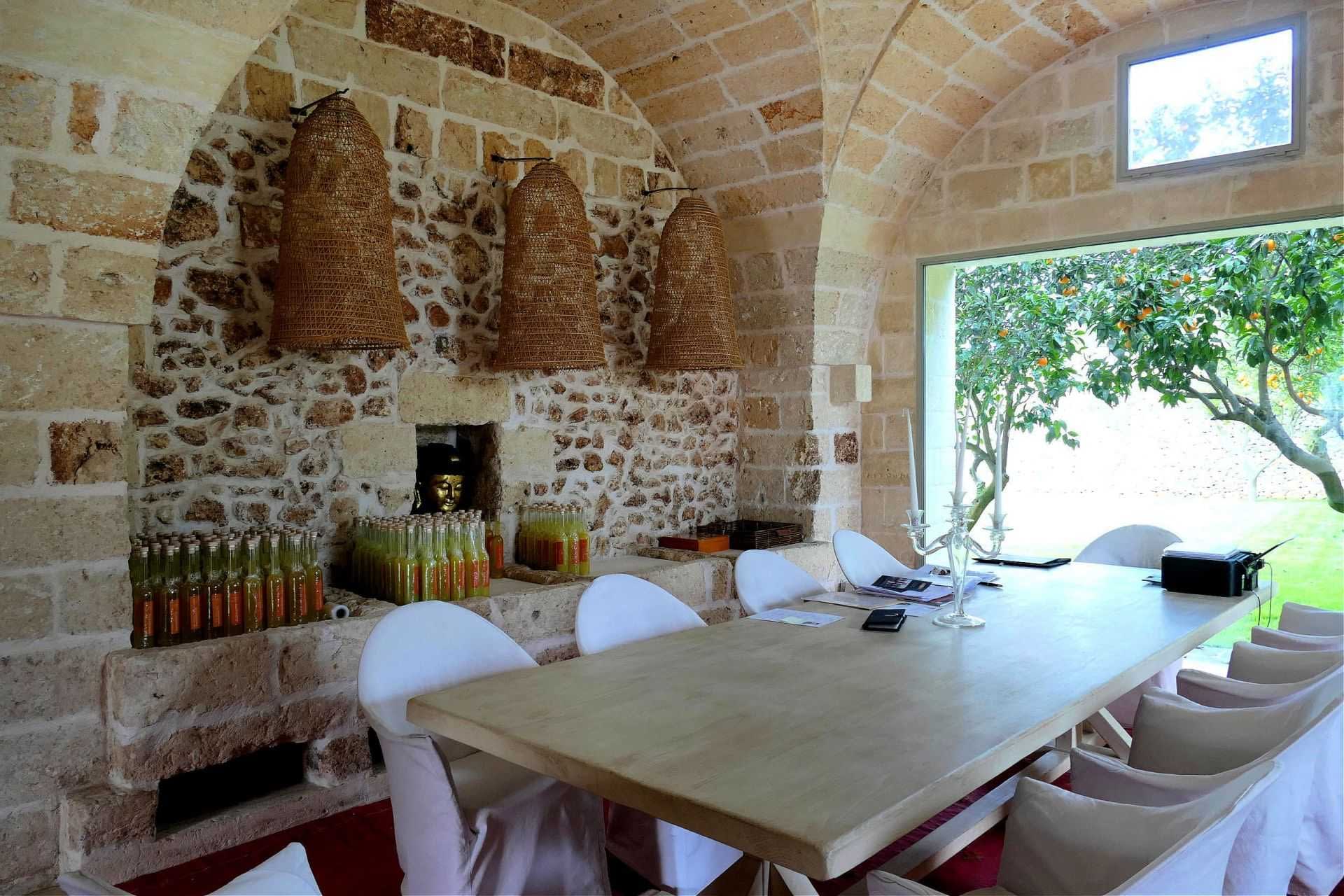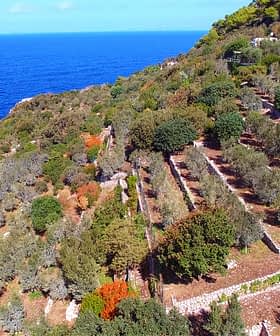Italy’s olive oil culture and its unique connection to the land are fueling several new oleotourism initiatives in the world’s second-largest olive oil-producing nation.
New olive oil tourism packages are springing up as the Covid-19 vaccination campaign speeds up and national and international tourists search for new post-pandemic holiday destinations.
We need to think of the olive orchard as an open-air museum whose guardian and keeper is the farmer who invites people to come, experience and learn.
This has been partially fueled by the recently-passed Oleotourism Act, which has helped newly-formed organizations create, develop and support oleotourism activities.
“Our goal is to help producers narrate the culture of quality of their products,” Mariagrazia Bertaroli, the founder and president of the Tourism Consortium of Organic and PDO (Protected Designation of Origin) Extra Virgin Olive Oils, told Olive Oil Times.
See Also:Olive Oil Tourism Returns to the Colosseum as Italy ReopensBertaroli’s consortium mimics what is already happening in the wine sector, connecting tourist agencies, institutions, and tourists to the olive oil producers.
She added that the goal of the consortium is to help farmers develop a new way to earn money while promoting the true value of their high-quality extra virgin olive oil, which often suffers from the competition of cheaper extra virgin olive oils sold on supermarket shelves.
“Many consumers may spend big money for the oil they put in their cars but do not have the cultural awareness to focus on what kind of olive oil they eat,” Bertaroli said. “What we need is to let olive oil culture be known. We need to transform the consumer into an olive oil lover, letting them understand the value of what they are buying. It is not a matter of price; it is a matter of value.”
“Tradition is important, but today’s best olive oils also come from innovation and technology. It is passion and dedication that really make a difference,” she added. “The consortium is giving producers know-how and training so that they can learn how to narrate the story of their product and the outstanding quality of their olive oil.”
“We help producers by learning more about their product since not all of them have an olive oil taster and not all farmers possess a deep technical knowledge of their products,” Bertaroli continued.
To date, small or medium olive farms that focus on high-quality products, own and manage their olive orchards and are often the caregivers to century-old trees in breathtaking locations have expressed the most interest in joining the new oleotourism associations.

Masseria Trapana, Lecce
“Oil mill visits are fine, but oil mills are open only during specific periods of the year. Olive orchards are open all year round, and they carry with them pivotal elements of environmental and landscape protection,” Bertaroli said. “We need to think of the olive orchard as an open-air museum whose guardian and keeper is the farmer who invites people to come, experience and learn.”
“Within the consortium, producers learn the basics of digital marketing, how to manage a reservation and how to deal with a tourist agency,” she added, emphasizing that the consortium is primarily a touristic initiative.
See Also:Passion and Inspiration Drive Success at Marina Colonna’s Farm“The consortium takes care of the tourists, which means taking care of the countryside,” Bertaroli said. “We needed a new agency, the consortium because while there are many players and institutions in the farming industry, there are none in the tourist sector devoted to this.”
“We are a platform for services to touristic operators, institutions and olive oil producers, therefore favoring strategic connections that can create value for the whole territory, involving all interested players,” she added.
The newly-formed oleotourism associations will not organize specific events. Instead, the goal is to help producers adhere to a certain touristic format and have them and the tourist operators organize dates and holiday specials.
“Given the unique characteristics of each farm, the consortium partners will offer tailor-made experiences to their guests following a provided format,” Bertaroli said.
This will create a similar experience that can be replicated by all types and sizes of producers around the country.
After joining the consortium, the farmers will need to comply with its formats and rules. A quality manager from the organization will periodically check how the olive growers are applying these.
A relevant portion of the incoming training initiatives will be dedicated to digital and technology classes. According to Bertaroli, this could bring new opportunities for the generational shift needed in a country where older growers run the vast majority of olive farms.
“In a family farm, the younger ones could learn to manage the digital side of their business,” Bertarol said.
Restaurants and farmhouses will also play a relevant part in the new association’s initiatives. Their connection with and dedication to high-quality extra virgin olive oil and its culture will help them develop oleotourism-specific packages with the tourist agencies and participating farms.
While the new organizations take shape and regional associations team up to develop oleotourism, many in the hospitality and restaurant sector are already proposing events focused on olive oil throughout the country.
Tastings, walks, picnics and workshops are already offered sporadically in many of the most renowned olive oil-producing areas.
“Restaurants and farmhouses that nurture olive oil culture are working with the consortium and are therefore destined to become part of a strategic network destined to give value back to the territory, to olive oil producers and to tourism,” Bertaroli concluded.









